
Home Health & Hospice Care
Skilled care options for seniors
Hospice and Home Health offer skilled medical care tailored to seniors' needs, each with a unique focus. Hospice provides compassionate support for individuals with terminal illnesses and their families, offering comprehensive team-based care. Home Health, on the other hand, specializes in treating chronic illnesses or injuries while prioritizing the overall well-being of seniors.
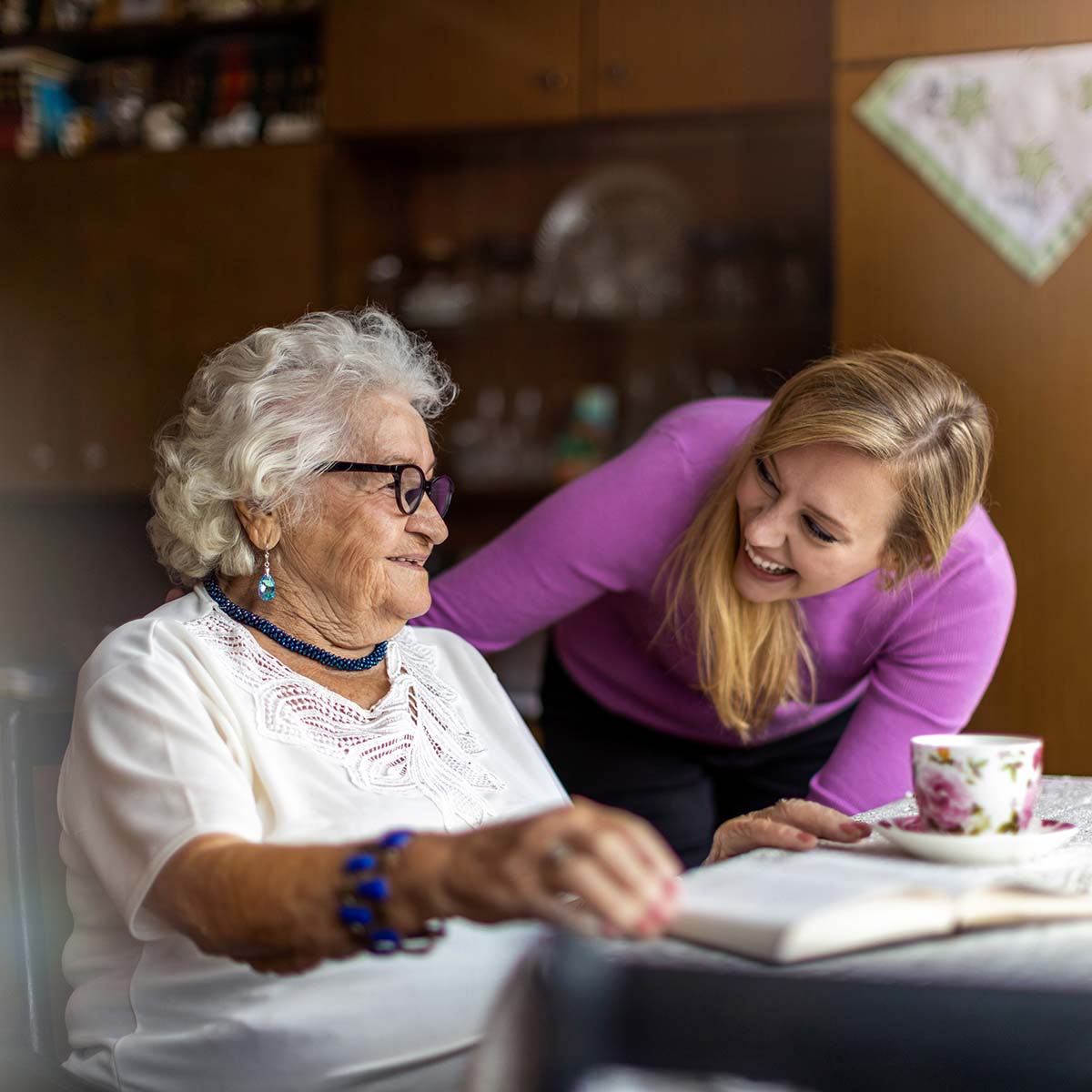
HOME HEATH CARE
Promoting wellness at home
Home health care aims to support individuals in their recovery from illness, surgery, or chronic conditions, both medically and non-medically. The primary focus is on fostering independence and enhancing overall health and functionality.
The focuses of Home Health are to:
- Recover
- Regain your independence
- Become more self-sufficient
- Maintain your current condition or level of function
- Slow decline
Home Health Care Benefits
Personalized care, where you need it
Home Health Care is a wide range of health care services that can be given in your home for an illness or injury. Home Health Care is usually less expensive, more convenient, and just as effective as care you get in a hospital or skilled nursing facility (SNF).
Greater independence
Seniors may not admit they’re struggling because they don’t want to lose their independence. One of the primary benefits of Home Health Care is that it helps seniors continue doing everyday tasks like walking, bathing, dressing and preparing meals. This way, they can live independently at home as long as possible.
Safety, comfort & convenience
Research shows that seniors recover faster, with fewer complications, at home than in a hospital. With home health care, seniors can get help managing their medications. This prevents harmful drug interactions, which can help you avoid going to the hospital. Being at home allows seniors to stick to their routines in familiar surroundings and maintain a sense of normalcy in their lives.
Relief for family caregivers
The benefits of home health care also extend to family caregivers. Home health aides can help with bathing, dressing, and other daily tasks. This relieves some of the burden on family caregivers. The home health team can also educate family members about how to provide follow-up care and connect them with helpful resources. This type of support provides peace of mind and protects against caregiver burnout.
Prevents avoidable trips to the hospital
Seniors may be able to avoid unnecessary hospital visits by managing their health conditions at home. Home Health Care helps by providing regular monitoring and education. Seniors also have 24/7 access to a professional they can call if they’re having troublesome symptoms and aren’t sure what to do.
High quality
An important benefit of Home Health Care is that it is grounded in evidence-based practices and standards of care to make sure seniors receive the right care at the right time in their home. You can check quality scores on Care Compare.
Personalized care
Seniors receive one-on-one attention and a care plan that is tailored to their specific needs. This makes treatment more effective and builds trust among the patient, caregiver, and Home Health Care team.
Team of professionals
Nurses, physical therapists, occupational therapists, speech therapists, social workers, and aides make up the Home Health Care team, with oversight by a physician. Each team member is carefully screened and trained. Seniors can see these professionals without having to go to a doctor’s office, rehabilitation facility, or hospital.
Wide range of services
Home health care includes comprehensive clinical care. From skilled nursing and therapy to wound care and medication management, seniors can receive a wide variety of treatments at home.
Companionship
In addition to receiving visits from the Home Health Care team, it’s easier for friends and relatives to visit an elderly loved one in their home than in the hospital or at a community. With no time restrictions or set visiting hours, seniors get more social interaction. This combats loneliness and brings families together.
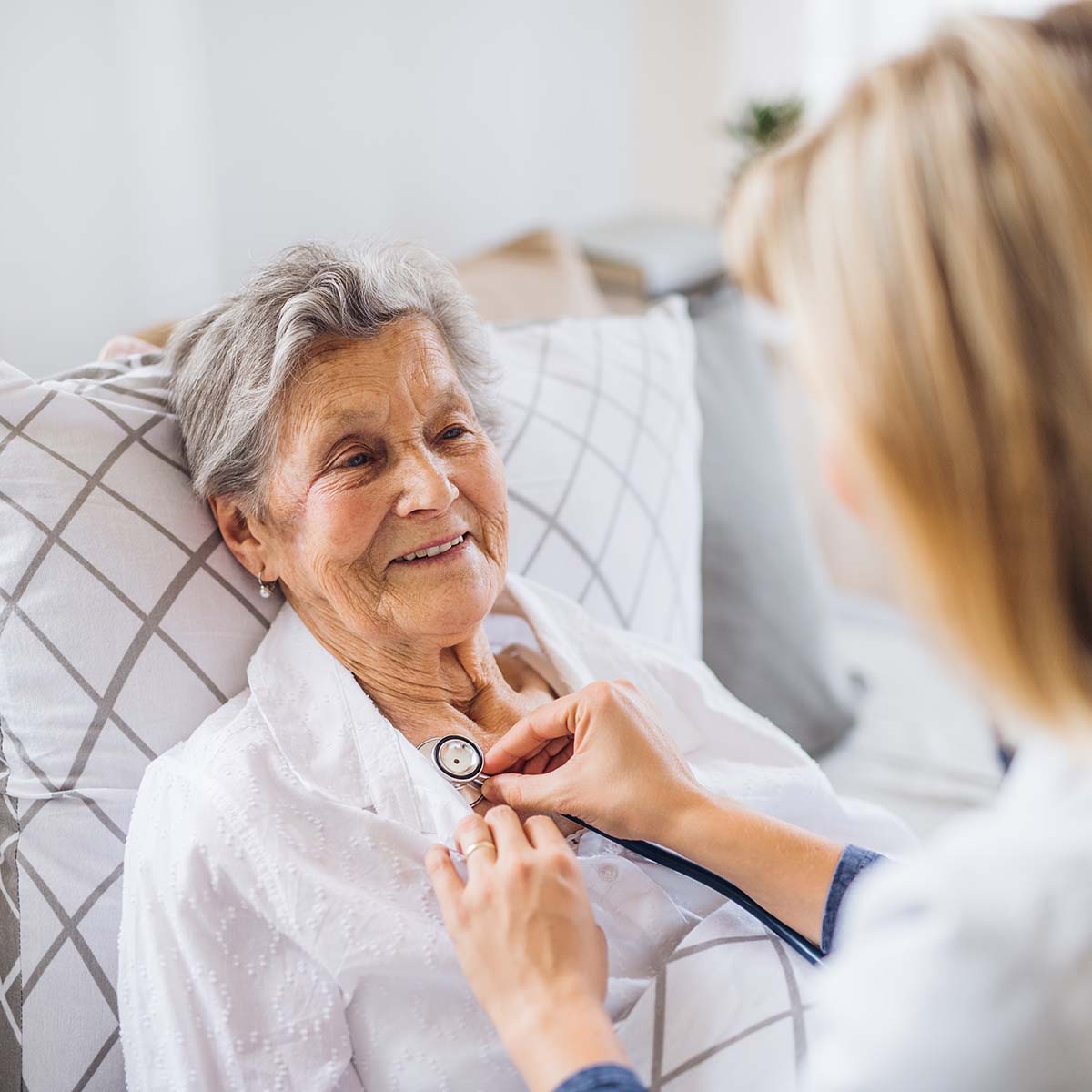
HOSPICE
Empowering end-of-life care
Hospice empowers seniors to embrace their final months with dignity and autonomy, offering support as their focus shifts from cure to comfort. Early enrollment in Hospice enables families and seniors to better manage pain and symptoms, alleviate caregiver stress, plan for future care preferences, and cherish quality time together during life's closing moments.
- Provides support and care for those in the last phases of a life-limiting illness.
- Focuses on quality of life for individuals, caregivers, and family
- Assists in honoring and carrying out end-of-life wishes, from a special meal or visit to bucket list activities.
- Supports caregivers and family through grief.
Our team approach combining expert medical care and emotional and spiritual support, gives families peace of mind, knowing their loved one will receive exceptional care.
24/7 availability
Consultation and urgent visits are available 24 hours a day, seven days a week.
Medications & equipment
Distribution of medications and durable medical equipment related to terminal diagnosis.
Care & companionship
Personal care needs and companionship provided by hospice aides.
Veteran services
Personalized veteran services for those who are eligible.
Emotional & spiritual support
Emotional and spiritual support from teams of social workers and pastoral staff.
Nonmedical support
Hospice volunteers to assist with nonmedical support.
Bereavement services
Provided for all loved ones for 13 months following hospice care.
About Us
Meet our team
Tabitha Home Health Care & Hospice, a collaboration with Immanuel, provides services to those in Douglas, Sarpy, Washington, Saunders and Cass Counties. We are neighbors serving neighbors wherever, whenever, and however you need us.
Tabitha — a pioneer in home health care and hospice — has been serving Nebraskans since 1886 and has living communities in Lincoln, Crete, and Grand Island.
Immanuel has served seniors for over 135 years and currently has 18 retirement and care communities and three PACE® Centers in Nebraska and Iowa.
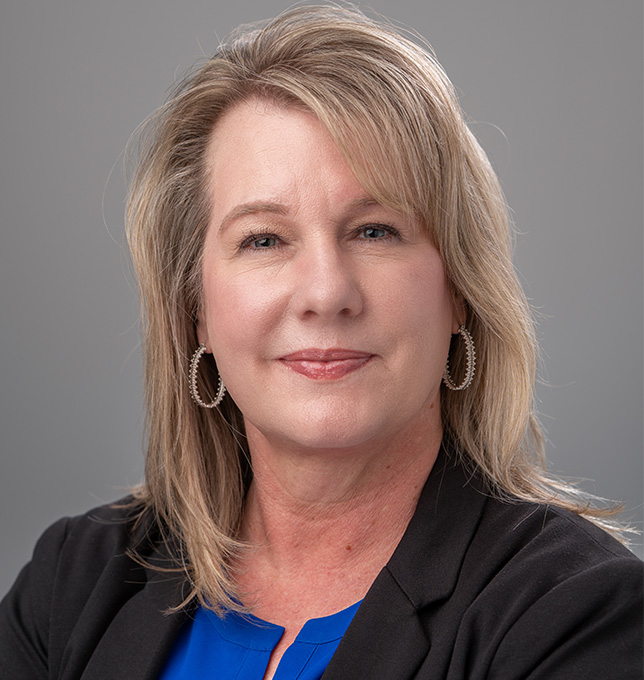
Bridget Caniglia
Administrator, Home Health & Hospice, Emerging Markets
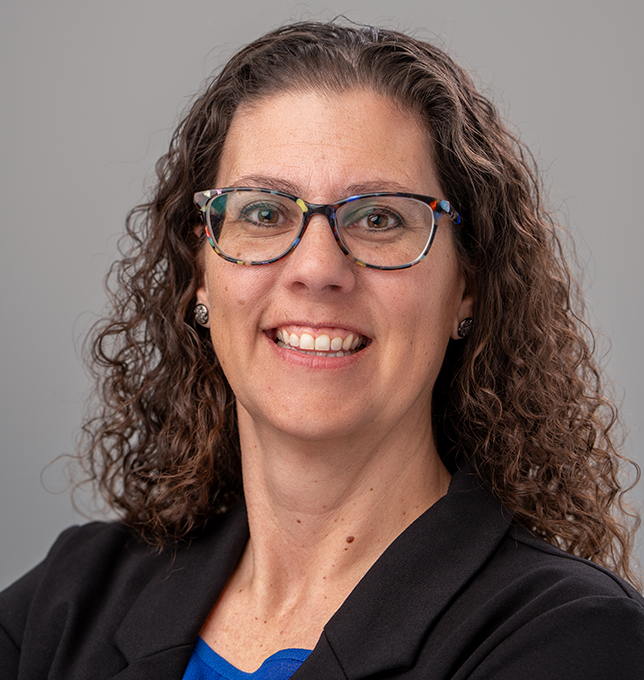
Amber Converse
Director of Operations
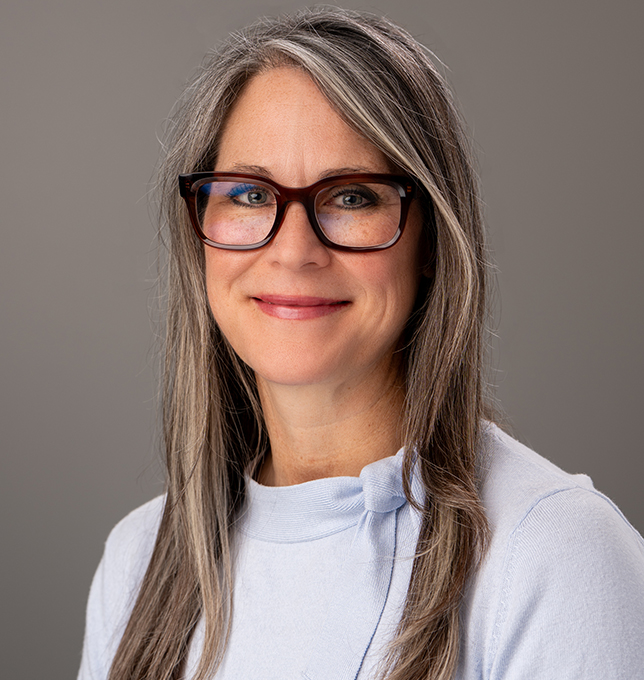
Dr. Erin Dahlke
Tabitha Hospice Medical Director
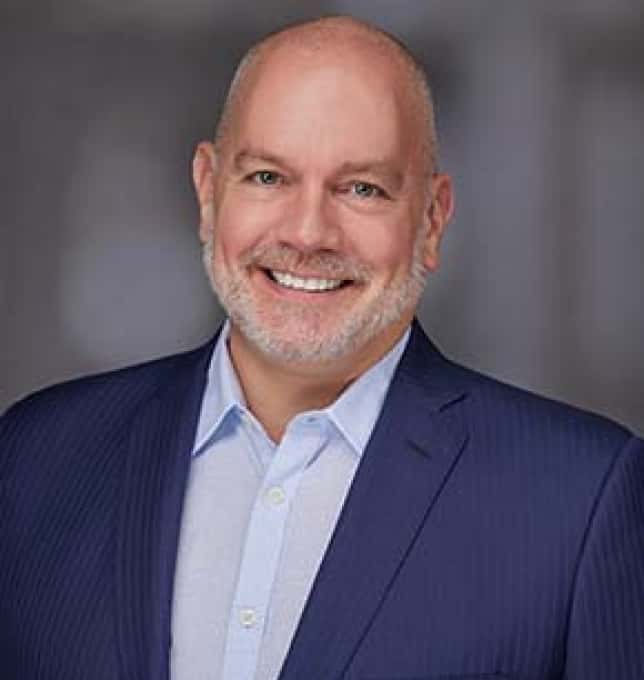
Dr. Devin Fox
Associate Medical Director
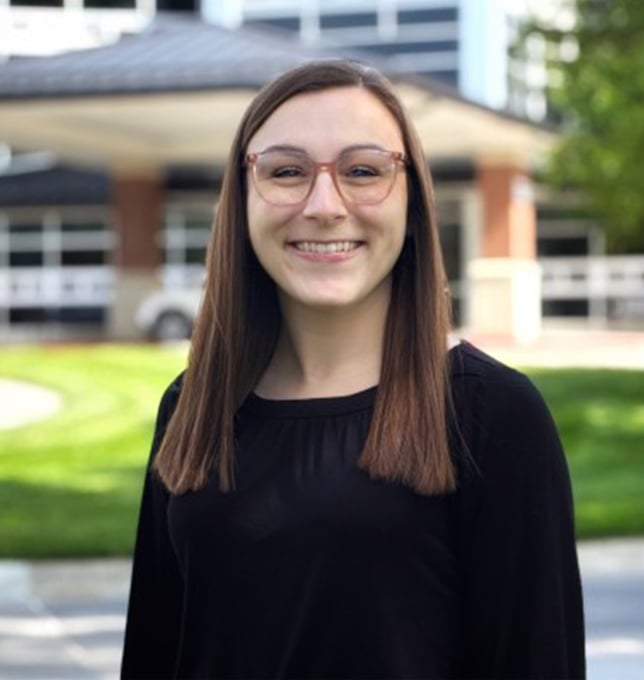
Kaylee Amato
Business Development Coordinator
Features & Benefits
What makes our hospice care different?
We understand that each individual's journey is distinctive, and their end-of-life care should reflect their unique needs, values, and wishes. Our approach to hospice care goes beyond conventional standards, focusing on personalized, compassionate, and holistic support for seniors and their families.
-
Our Hospice care is appropriate for any individual diagnosed with a progressive, life-limiting illness or condition with a prognsis of six months of less, if the illness or condition takes its normal course.
It allows you or your loved one to live final months comfortably wherever you call home, rather than seeking ongoing curative treatments.
Coverage begins at no cost to qualified individuals with Medicare Part A benefits.
Care is not limited to six months; some individuals may receive hospice care longer and it can be discontinued at any time by completing a signed statement.
*Medicare will continue to pay for covered benefits for any health problems not related to terminal illness. -
Tabitha collaborates with local community organizations to host pinning ceremonies to honor those who have serviced our country.
This celebration may be attended by a Tabitha social worker, nurse, chaplain, and/or volunteer coordinator. Our ceremony is tailored to meet the needs of the Veteran, including requests for private ceremonies.
We recognize Veterans by providing them with a pin and a certificate that reflects their branch or service. Prayers, uplifting songs and poems are shared while surrounded by the love and comfort of family and friends. -
We aim to make dreams come true for seniors, and in doing so, improving the quality of their lives in ways medicine alone cannot. Our program gives you and your loved ones the opportunity to have an experience that otherwise may not be possible.
This may include having a friend brought to the bedside for a few final moments of comfort, or visiting an old neighborhood full of cherished memories. The Tabitha Foundation works alongside our hospice team by coordinating these last wishes to help seniors live life to the fullest. -
If you or your loved one would like to be visited by another Veteran, our hospice volunteer coordinators can arrange this for you. These volunteers are specifically trained to work with seniors under hospice care.
Hospice Care
Service area map
Our Immanuel hospice services are provided in the following eastern Nebraska counties (yellow): Saunders, Washington, Douglas, Sarpy, and Cass. Through a partnership with Tabitha, hospice services are also provided in Adams, Buffalo, Butler, Clay, Fillmore, Hall, Hamilton, Howard, Kearney, Lancaster, Merrick, Nance, Otoe, Polk, Saline, Seward, and York counties (light blue).

Hospice care is often misunderstood, leading to misconceptions. Separating fact from fiction is crucial for informed decisions. Understanding the truth about hospice can provide comfort and support during life's final journey.
Myth: Hospice means giving up hope.
Reality: Hospice provides hope through pain management and support, so seniors can live their final months in comfort and according to their wishes.
Myth: A physician must bring up the option of Hospice.
Reality: Seniors and family are encouraged to discuss Hospice care freely with family, doctors, and care providers at any time.
Myth: Hospice is only for those with cancer.
Reality: Hospice care can be provided for many life-limiting conditions, including cancer, chronic obstructive pulmonary disease (COPD), dementia, and Parkinson’s disease.
Myth: It is best to involve Hospice when the senior is imminently dying.
Reality: To receive the full benefit of Hospice care, it is imperative to use the service as close to the six-month prognosis as possible, although care is not limited to just six months.
Myth: Hospice care is only delivered in the home.
Reality: Hospice services are provided wherever the senior calls home, including independent, assisted or long-term care living communities, or a dedicated hospice house.
Myth: Hospice care is only available for those who have Medicare.
Reality: Medicare Part A benefits, Medicaid (based on income requirements), private insurance and private pay are all payment options for this service.
Myth: Someone must be with a senior in Hospice at all times.
Reality: Alternatives to a constant caregiver may be telephone calls or increased visits by team members and volunteers.
Myth: In order to reduce pain levels in a senior in Hospice, that individual will be lethargic and confused.
Reality: When correctly administered, most pain medicines do not produce unacceptable mental clouding or sedation.
Myth: Seniors in Hospice must have a “do not resuscitate” (DNR) order.
Reality: Seniors in Hospice are not required to sign DNR papers to receive care.
Myth: Hospice care ends at the time of death.
Reality: Hospice provides bereavement services for all loved ones for 13 months following Hospice care.


